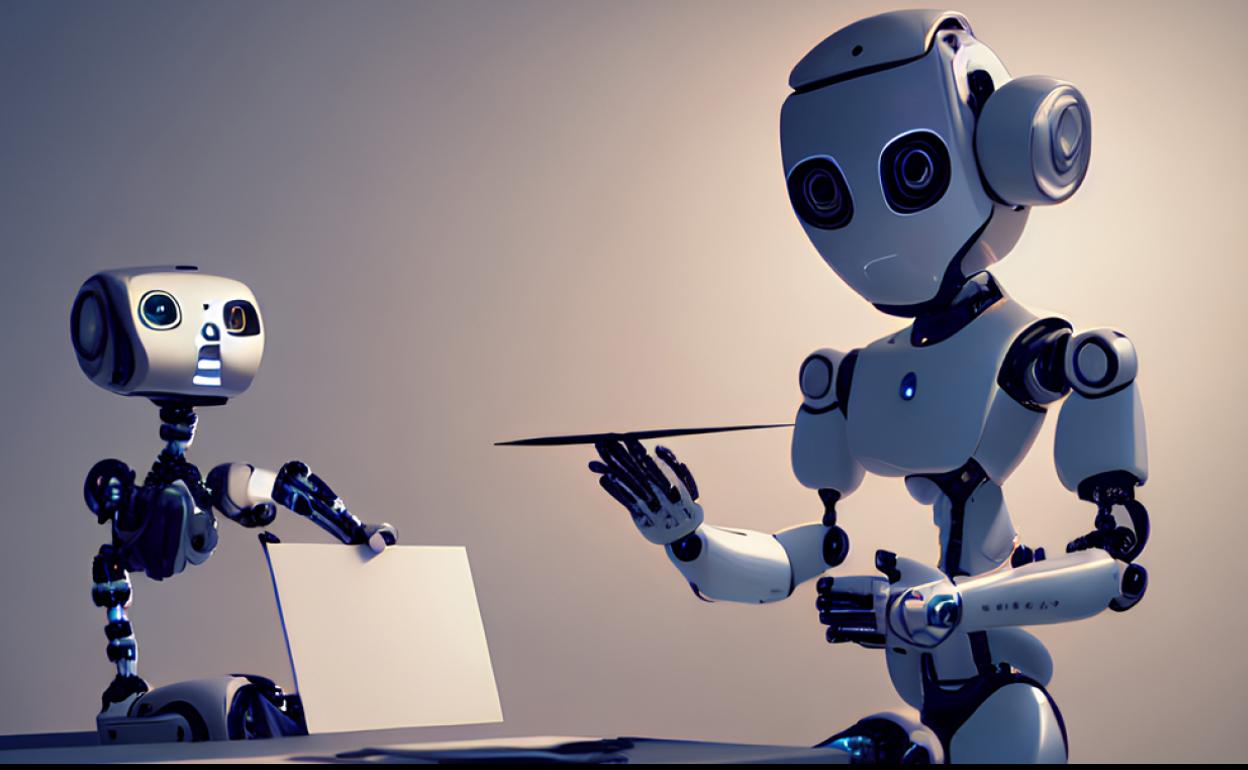
In a technology-driven world, artificial intelligence (AI) emerges as a transformative force that is shaping various aspects of our lives. From the presence of virtual assistants on our devices to the optimization of recommendation systems on online platforms, AI promises notable advancements in how we interact with technology and how this technology influences our daily decisions. However, behind its potential for innovation and efficiency, significant risks also unfold, requiring attention, reflection, and proactive solutions.
The Bright Side of AI
Artificial intelligence has revolutionized the way we interact with technology. For instance, facial recognition has become a common feature in our phones and applications, facilitating authentication and security. Autonomous vehicles, powered by advanced AI systems, promise to revolutionize the transportation industry by enhancing road safety and traffic efficiency. Furthermore, AI is venturing into areas like healthcare, aiding in early diagnosis and identifying medical patterns that might go unnoticed by human doctors.
Challenges and Inherent Risks
Nevertheless, despite the tangible benefits, it’s essential to consider and address the challenges that come with this new era of AI. One such challenge is the concern about job loss due to automation. As algorithms and AI systems become more sophisticated, certain tasks and jobs may be replaced, potentially causing significant economic and social impact across various industries. Striking a balance between automation and job preservation is crucial, along with exploring new job opportunities and training for an evolving workforce.

Additionally, another significant risk is biased decision-making by AI. AI learns from historical data, which means that if that data contains human biases, AI could perpetuate those prejudices in its decisions. This could have harmful and discriminatory effects, especially for marginalized groups and minorities. Developing and implementing ethical and equitable algorithms that minimize biases and ensure unbiased and fair decisions is imperative.
The Importance of AI Ethics
Ethics in AI plays a pivotal role in mitigating these risks. Clear standards and robust ethical practices for the development and implementation of AI systems are necessary. Transparency in AI-driven decisions is essential to build trust among users and society at large. Furthermore, measures of accountability and responsibility must be put in place to ensure that AI systems are used responsibly and for the benefit of humanity.
The Future and Coexistence
AI will continue to play an essential role in our future, transforming how we live, work, and relate. The key lies in harmoniously coexisting with this ever-evolving technology. This entails constant education about the implications of AI and the decisions we make regarding it. It demands collaboration among governments, industries, academics, and society as a whole to establish effective regulations and policies that safeguard our rights, values, and privacy in an increasingly digital world.
In summary, artificial intelligence is a powerful influence in today’s society, with the potential to generate remarkable advancements in various areas. However, we must be mindful of inherent risks and commit to ethical practices and proper regulations. By doing so, we can harness the benefits of AI while minimizing potential negative impacts on our lives and society as a whole.






Buen artículo. Es importante ser conscientes del potencial de la inteligencia artificial y, por lo tanto, tener la capacidad de controlarla.